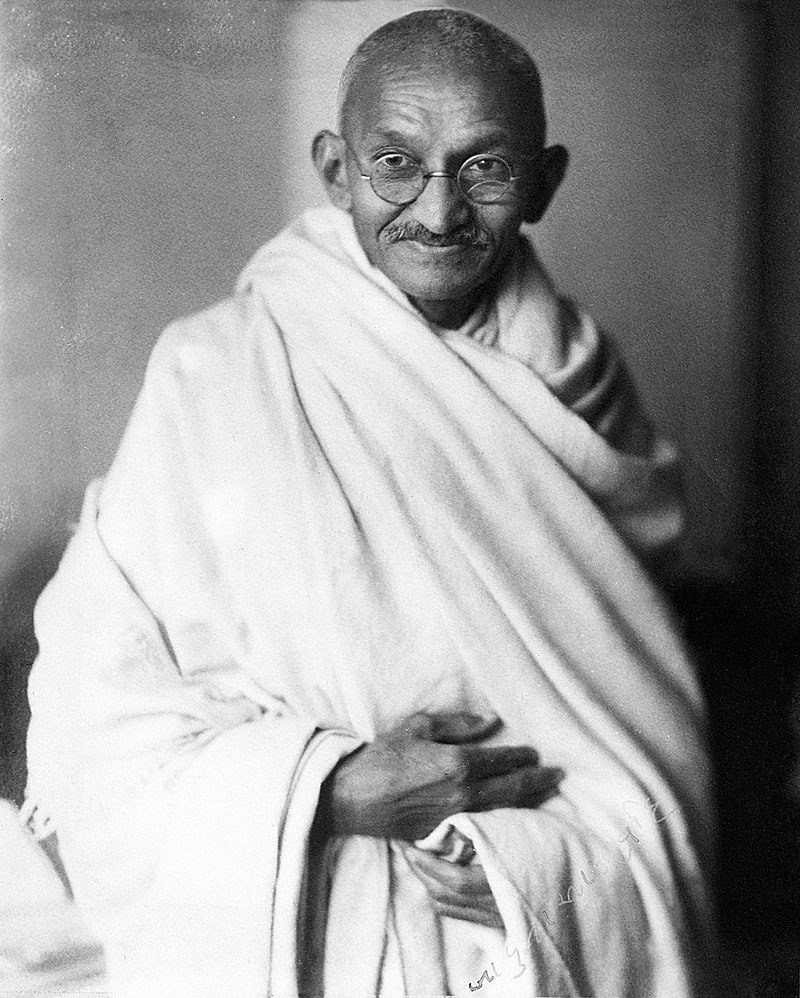This article compares the impact of two iconic religious leaders, Martin Luther and Mahatma Gandhi. Luther was a German monk who founded the Protestant Reformation, emphasizing the importance of individual faith and the authority of scripture in Christian doctrine. Gandhi, an Indian independence activist and spiritual leader, developed a philosophy of nonviolent resistance based on his Hindu beliefs of nonviolence, ahimsa, and truth. Both leaders had a significant impact on their communities and the world, shaping modern religious, social, and political developments. Luther’s influence extended beyond the religious sphere, contributing to the development of modern democracy and concepts of human rights, while Gandhi’s philosophy inspired movements for civil rights and social justice around the world.
Martin Luther vs. Mahatma Gandhi: Comparing the Impact of Two Iconic Religious Leaders
Introduction
Religion has been a driving force behind many of the most significant events in history, shaping cultures, societies, and even entire civilizations. This is partly due to religious leaders, who have often acted as catalysts for social and political change within their communities. Two such iconic religious leaders are Martin Luther and Mahatma Gandhi. Both are respected for their efforts to reform their respective religions, but they lived in different times and in different parts of the world. This article will explore how these two leaders differ in terms of their life stories, views on religion, and the impact they had on their communities.
Background
Martin Luther was a German monk who lived in the 16th century. His dissatisfaction with the Catholic Church’s practices led him to write the Ninety-Five Theses, which criticized the selling of indulgences to pardon sins. This act marked the beginning of the Protestant Reformation, a movement that sought to reform the Catholic Church and create new Protestant denominations. Luther’s teachings emphasized the importance of individual faith and the authority of scripture in Christian doctrine.
Mahatma Gandhi, on the other hand, was an Indian independence activist and spiritual leader who lived in the 20th century. Influenced by his Hindu beliefs, Gandhi developed a philosophy of nonviolent resistance, or Satyagraha, which he used to challenge British colonial rule in India. He saw religious and social equality as interconnected goals and worked to unite Hindus and Muslims against British oppression.
Religious Views
Luther’s views on religion were influenced by his belief in the inherent corruption of the Catholic Church. He believed that individuals could only be saved by faith in Jesus Christ and that the Bible was the ultimate authority on Christian doctrine. He rejected many traditional practices of the Catholic Church, such as the sacraments, and believed in the priesthood of all believers.
Gandhi’s religious views were shaped by his Hindu beliefs, which emphasized nonviolence, ahimsa, and the pursuit of truth, or Satya. He sought to apply these principles to everyday life and to social and political action. He was not sectarian and was respectful of other religions, such as Islam and Christianity, which he saw as sharing common values.
Impact
Luther’s impact on society was immense. His teachings and writings inspired the Protestant Reformation and the formation of new Christian denominations. This led to a religious diversity that helped to shape modern Europe and expand the role of individual conscience in religious practice. Luther’s influence extended beyond the religious sphere, as his ideas also contributed to the development of modern democracy and concepts of human rights.
Gandhi’s impact on society was also significant. He led India to independence from British rule and inspired movements for civil rights and social justice around the world. His philosophy of nonviolent resistance influenced other leaders such as Martin Luther King Jr., and Nelson Mandela. Gandhi’s emphasis on spiritual values such as compassion, forgiveness, and self-discipline continues to resonate with many people today.
Conclusion
Martin Luther and Mahatma Gandhi were two of the most significant religious leaders in history. While Luther’s teachings focused on the importance of individual faith and the authority of scripture in Christian doctrine, Gandhi’s philosophy embraced principles of nonviolence, ahimsa, and social equality. Both leaders had a lasting impact on their communities and the world at large, shaping modern religious, social, and political developments. Their legacies continue to inspire and challenge people to this day.
